
"zdzisław beksiński cursed paintings" Poster by merchbyashley Redbubble
Read more about Zdzisław Beksiński and his artwork: http://culture.pl/en/article/the-cursed-paintings-of-zdzislaw-beksinskiCulture.pl's Proper Polish Pronunc.
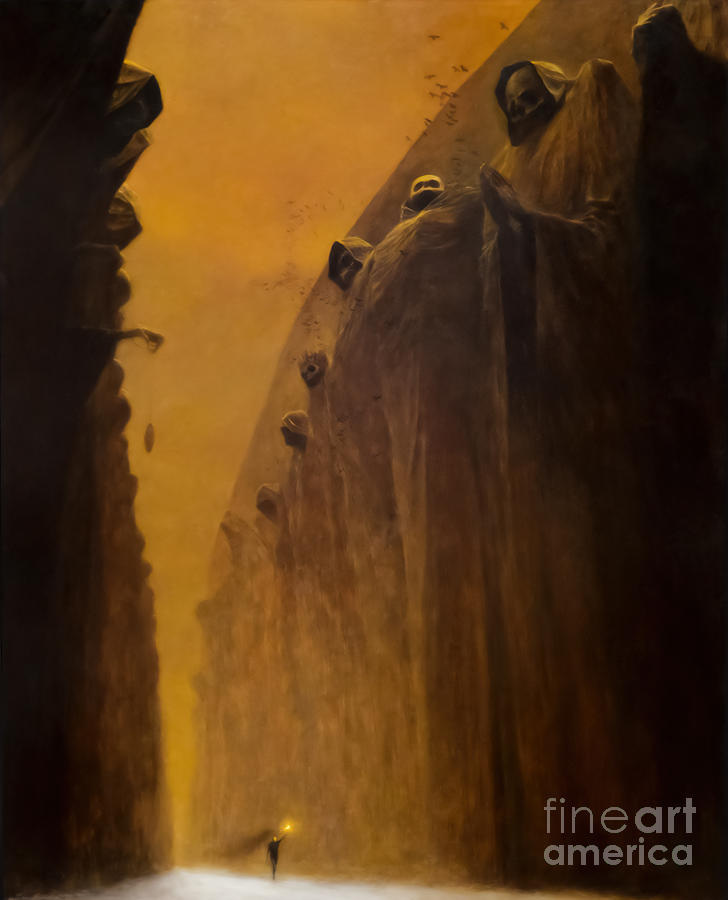
Untitled 1972 In the Valley of Death Painting by Zdzislaw Beksinski Fine Art America
(Polish, 1929-2005) Artworks Zdzislaw Beksinski was a Polish artist best known for his surreal dystopian imagery. His paintings, photographs, and prints depicted macabre otherworldly spaces and figures. "I wish to paint in such a manner as if I were photographing dreams," he once reflected.

"The Cursed Paintings of Zdzisław Beksiński" Tshirt by Penelope101 Redbubble zdzislaw
The Cursed Paintings of Zdzisław Beksiński. A decade after his brutal murder, Zdzisław Beksiński's paintings hold the world spellbound. Is the universal fascination they evoke the result of their author's own gruesome tragedies, or did Beksiński simply succeed at capturing the unsettling underside of human consciousness?.
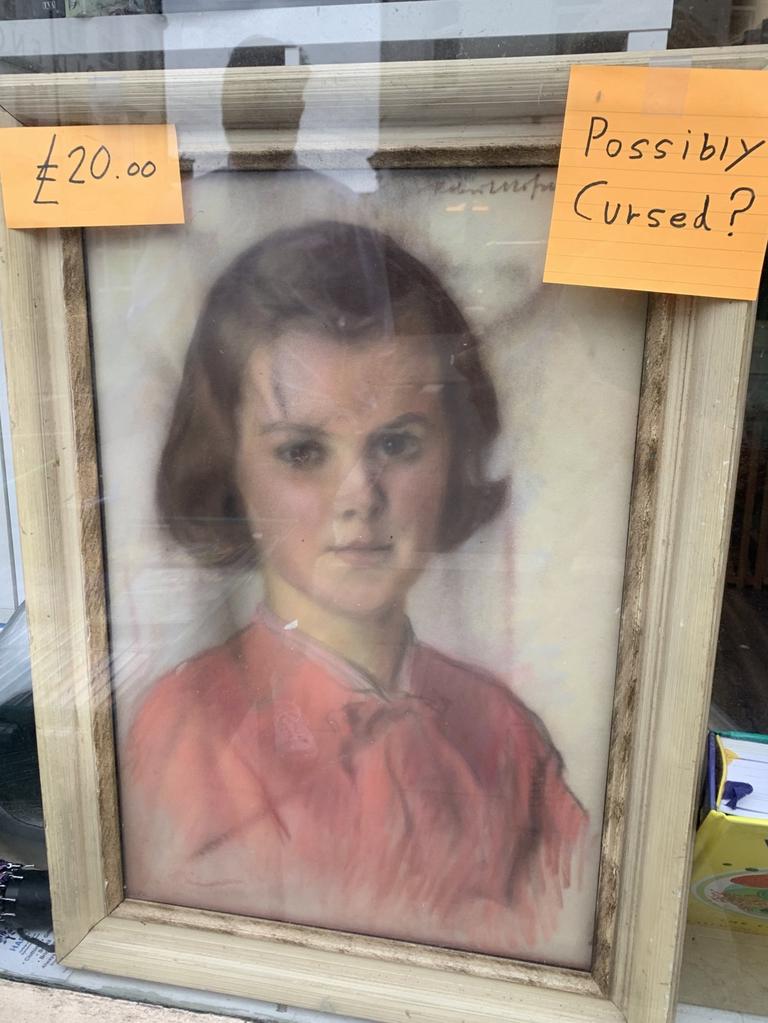
‘Cursed’ painting of young girl returned to UK op shop twice — Australia’s leading
A Product of War. Polish artist Zdzisław Beksiński was born in Southern Poland in the town of Sanok in 1929. When Beksiński Zdzisław was ten, World War II began and the Nazis invaded Poland. In 1940, the Zaslav concentration camp was erected on the outskirts of Sanok and would be in operation for the next three years.

Zdzisław Beksiński, Untitled, oil on fibreboard, photo courtesy of the Gallery of Zdzisław
symbolic painting Genre - 624 artworks cityscape Genre - 16 artworks landscape Genre - 16 artworks marina Genre - 4 artworks Media - 7 artworks Zdzislaw Beksinski lived in the XX - XXI cent., a remarkable figure of Polish Surrealism and Magic Realism. Find more works of this artist at Wikiart.org - best visual art database.

Zdzisław Beksiński, Untitled, oil on fibreboard, photo courtesy of the Gallery of Zdzisław
Let us take you on a journey through the curious drawing ideas of a Polish artist, Zdzisław Beksiński, who made a name for himself with his dystopian surrealism paintings, filled with post-apocalyptic imagery and creatures that come straight out of nightmares.

The Cursed Paintings of Zdzisław Beksiński Article Culture.pl
Zdzisław Beksiński ( pronounced [ˈzd͡ʑiswaf bɛkˈɕiɲskʲi]; 24 February 1929 - 21 February 2005) was a Polish painter, photographer, and sculptor; specializing in the field of dystopian surrealism . Beksiński made his paintings and drawings in what he called either a Baroque or a Gothic manner. His creations were made mainly in two periods.

" zdzisław beksiński cursed paintings cross" Poster by merchbyashley Redbubble
Zdzisław Beksiński is one of the most prominent representatives of Polish contemporary art. His diverse legacy is characterized by apocalyptic imagery in which a motif of death, that materializes the painter's dark imagination on canvas, is particularly common. The artwork under the magnifying glass - the terrifying "Crawling Death".
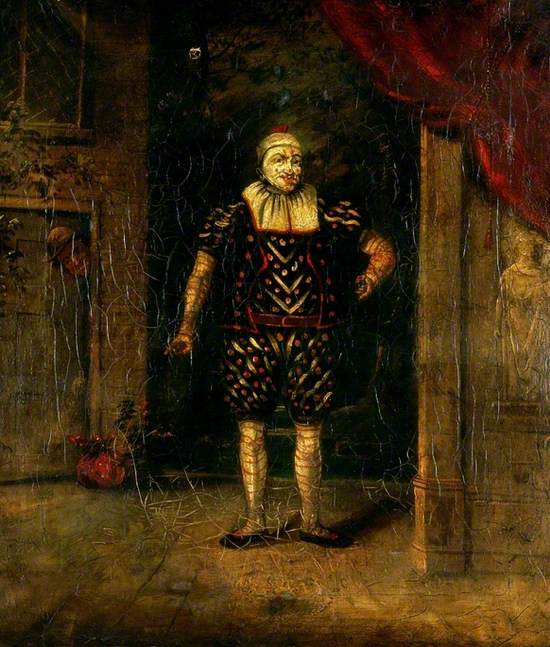
cursed paintings Art UK
The Cursed paintings of Zdzislaw Beksinski - The tragic story of a Fantastic artist who has always reminded me of Pickmans Model. culture.pl This thread is archived New comments cannot be posted and votes cannot be cast 158 13 comments Best Kerbobotat • 7 yr. ago Not strictly lovecraftian, but definitely of interest to fans of Lovecraft.

This 'haunted' painting has been terrifying people for decades The Daily Dot
Polish artist Zdzisław Beksiński was known for his artworks that featured the theme of dystopian surrealism in his paintings, photography, and sculptures. Beksiński's artworks such as his surreal horror art paintings and creepy sketches were produced in either a Gothic or Baroque style. The Polish horror artist's oeuvre has been split.
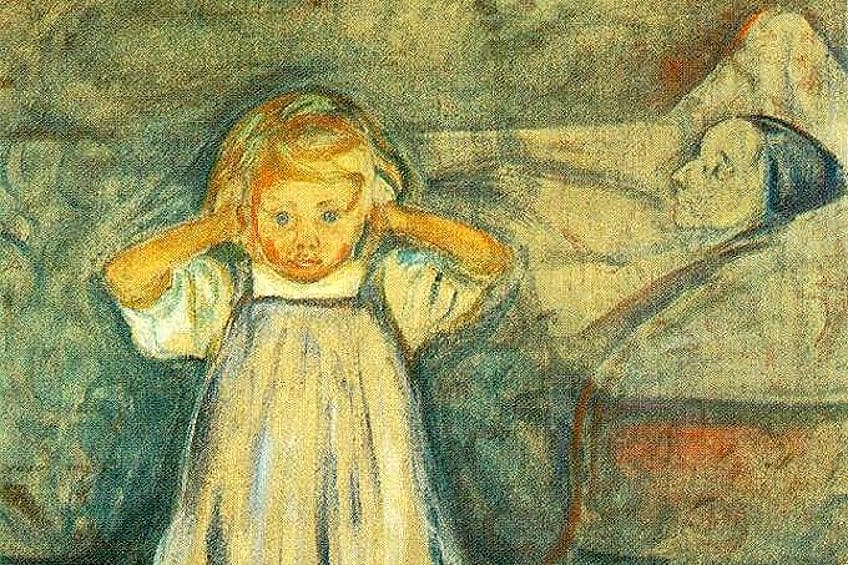
Haunted Paintings Famous Examples of Cursed Artwork
Zdzislaw Beksinski was a surrealist painter born in the town of Sanok, Poland in 1929, who grew up in a war-torn nation occupied by Nazi Germany and the Soviet Union. At the start of World War II, Sanok's population was about 30% Jewish, nearly all of which was eliminated by the war's end.
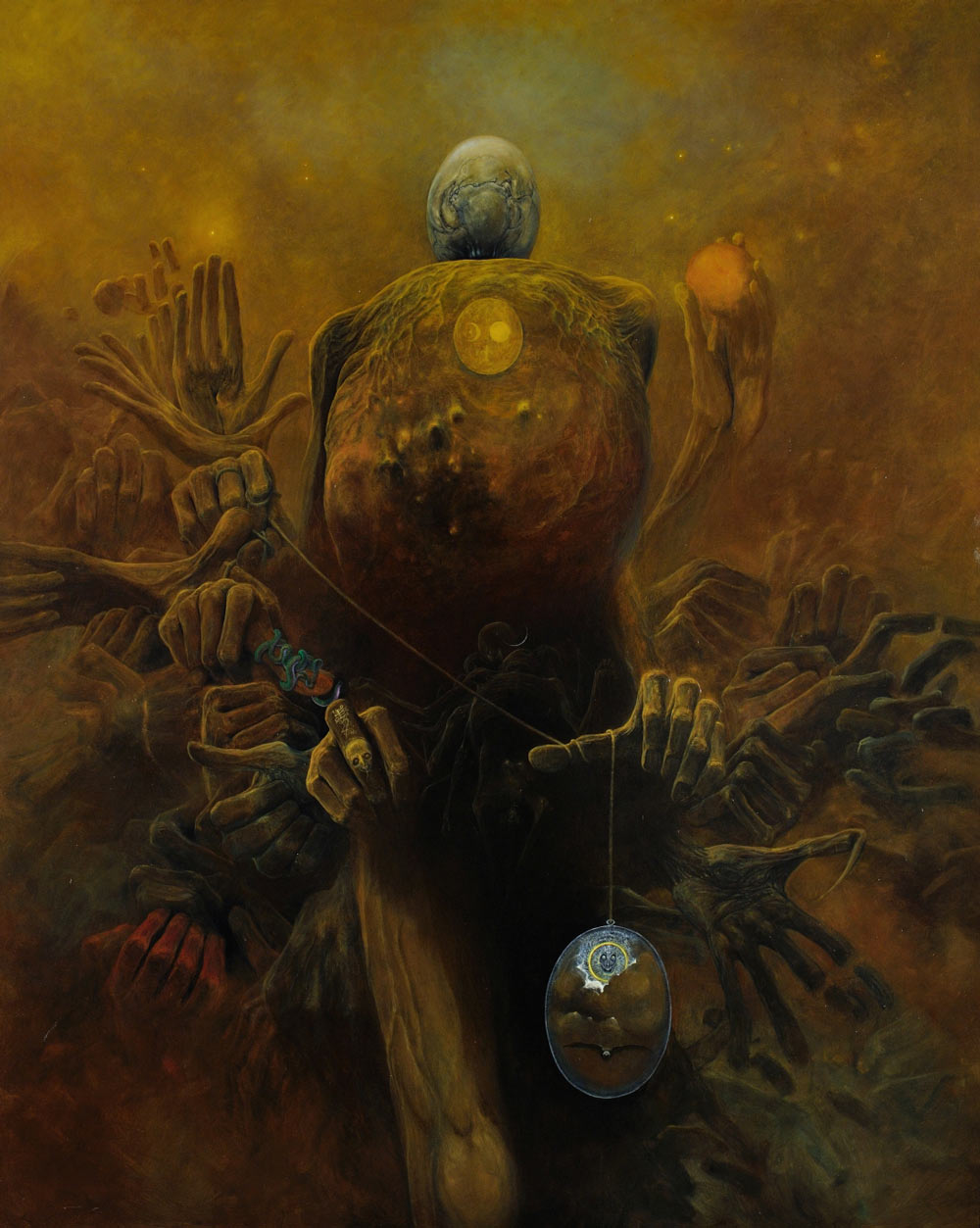
The Cursed Paintings of Zdzisław Beksiński Article Culture.pl
During his long career, Zdzisław Beksiński worked in many fields of art: sculpture, photography, graphic art, drawing, and last but not least, painting. All of Beksiński's paintings are untitled - he wanted to avoid any metaphorical interpretation of his paintings. As an artist, Beksiński was fascinated with death, decay and darkness.

The Cursed Paintings of Zdzisław Beksiński Искусство сюрреализма, Изобразительное искусство
The Man Before the Artist. Zdzisław Beksinski was born on 24 February 1929 in Sanok, southern Poland. He studied architecture at the Krakow University of Technology. He survived World War II and continued to draw provocative pieces during communist times in Poland, when many forms of art were frowned upon, especially by the pro-Soviet Government.

" zdzisław beksiński cursed paintings cross" Art Board Print by merchbyashley Redbubble
#1 The Anguished Man. Unknown Perhaps one of the most haunted paintings in the world, The Anguished Man has accumulated many scary stories. No one knows who exactly painted the piece, but it's known that the artist mixed his blood into the paint and soon after the painting was finished, committed suicide.

Zdzisław beksiński, Beksiński, Creepy paintings
The life and death of Polish painter, photographer, and sculptor Zdzisław Beksiński has been sensationalized, made into a cursed tragedy in the telling of events late in his life that, taken together, all seem horrifying enough: the death of the artist's wife from cancer in 1998, the suicide of his son, Tomasz, one year later.

The Cursed Paintings of Zdzisław Beksiński Zdzisław beksiński, Beksiński, Surrealism painting
The life and death of Polish painter, photographer, and sculptor Zdzisław Beksiński has been sensationalized, made into a cursed tragedy in the telling of events late in his life that, taken together, all seem horrifying enough: the death of the artist's wife from cancer in 1998, the suicide of his son, Tomasz, one year later, and, finally.